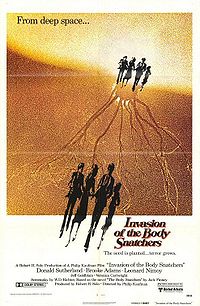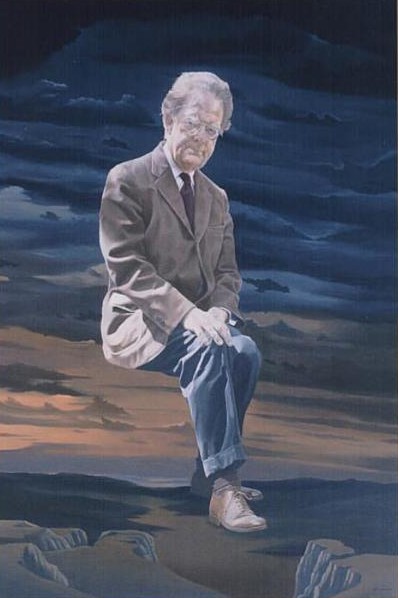
I was intrigued by Jonathan Allan’s description of graduate studies at the University of Toronto. It is probably similar to the experience elsewhere for many students, certainly at McMaster. Clayton’s comments about being in the classroom capture it beautifully: a rhetorical dance, a danse macabre I am afraid, the dance of the death of logic. Little wonder Clayton fled into computer science. His description of it as a rhetorical performance void of argument strikes me as very apt.
At the risk of descending into testimonial, I would like to share my own experience, mid-seventies to mid-eighties, just as the the new critical theories were beginning to take hold. French theory had begun its invasion, and I was then a graduate student, like Jonathan, in Comparative Literature, the “House of High Theory,” as he puts it, at the University of Toronto. Comparative literature departments at the time were the advance-guard of literary theory, particularly deconstruction and post-structuralism. Those were heady days and the new wave moved swiftly, and seductively, and soon broke down the walls of last resistance, English departments, which were of course as much opposed to Frye in many cases as they were to the new theorists (Frye has been controversial from the beginning). At the time, comparative literature students were regarded with great suspicion by professors in English, since we were known to be the hosts, the vectors that threatened the establishment with the disease called deconstruction. But it wasn’t long before many of them succumbed as well, though Toronto, given its conservatism, was certainly the last bastion to fall.
As is usual with such things, the new theorists first protested that they simply wanted the freedom to pursue their own work without prejudice, but once the tide turned it quickly became an imperial enterprise and the tune changed: now that they were the establishment, it was their sacred duty, in the name of the revolution, to ensure that the new approaches become the only work that young scholars be exposed to. By this time post-structuralism had paved the way, via Althusser and Foucault, for New Historicism and the ideologically militant Cultural Studies.

